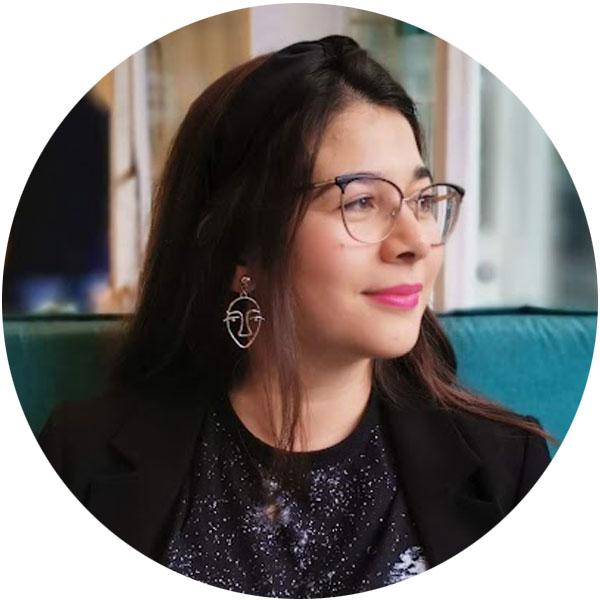Capacity Building
Related Content
Article
Capacity Building and Training Material
Event
Project / Mission / Initiative / Community Portal
Stakeholder
Person

María José Molina-Montero
Geographer at FAB-LAB Inter-American Institute for Cooperation on Agriculture
María José Molina Montero is a geographer. She holds a master's degree in Geographic Information Systems and Remote Sensing obtained in 2019, she has amassed almost 10 years of experience in the utilization and management of satellite imagery for developing a range of geospatial applications. She has served as a consultant in the public and private sectors, and for cooperation bodies such as the United Nations Development Programme (UNDP) and the Inter-American Institute for Cooperation on Agriculture (IICA), focusing on risk management, climate change, water resources, and agriculture.
Freddy Soria
Head of research center Water, Energy and Sustainability Research Center, Catholic University of Bolivia
Civil and environmental engineering, committed with education and capacity building to bridge gaps between practice and science. Hydrological modelling, environment, climate change impacts in the Andes, WASH (water-sanitation-hygiene), remote sensing and GIS applications to water resources evaluation. Taking my initial steps on climate communication, environment and health, perhaps the most critical issue in the region. There is so much to do in Latin America!

Jotham Ayanga
Natural Resource Scientist Directorate of Resource Surveys and Remote Sensing, Kenya
Jotham's contributions are instrumental in the mission of the Directorate of Resource Surveys and Remote Sensing, Kenya to leverage advanced technologies for environmental monitoring and sustainable resource management, directly supporting Kenya’s efforts to protect its natural resources in the face of climate change and development pressures. My work not only enhances national environmental policies but also contributes to regional conservation initiatives, making a lasting impact on the landscape and community well-being.













